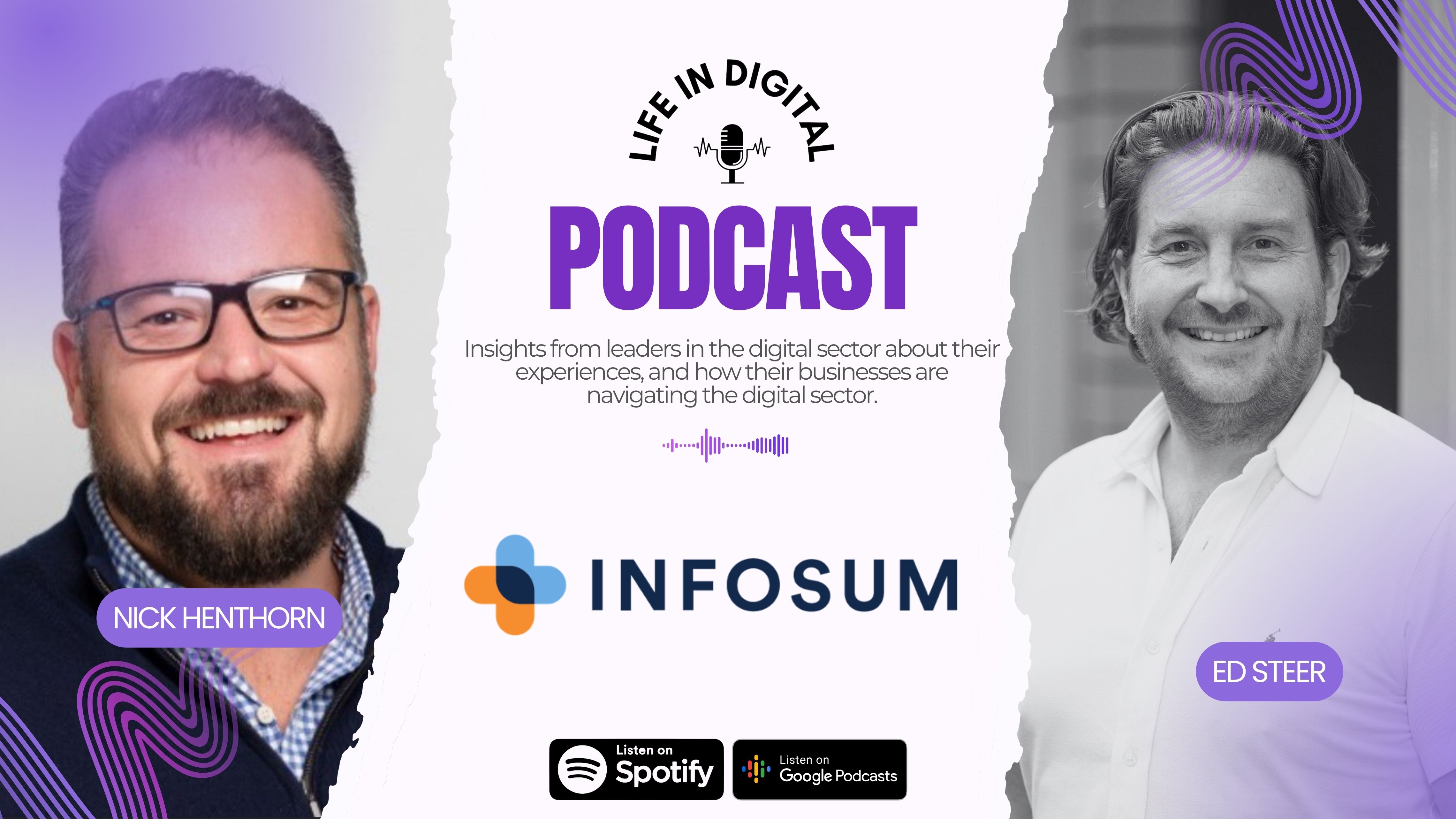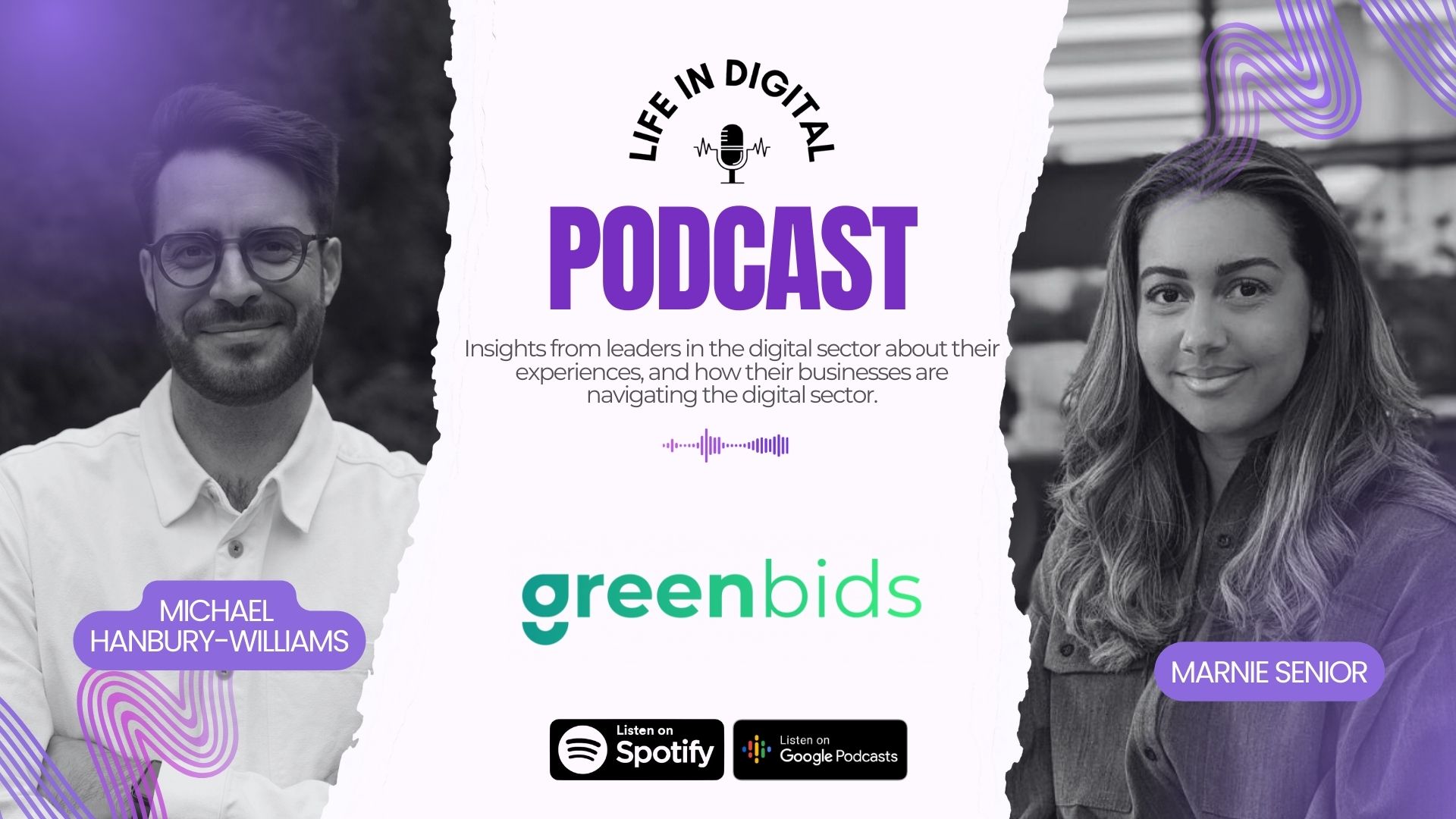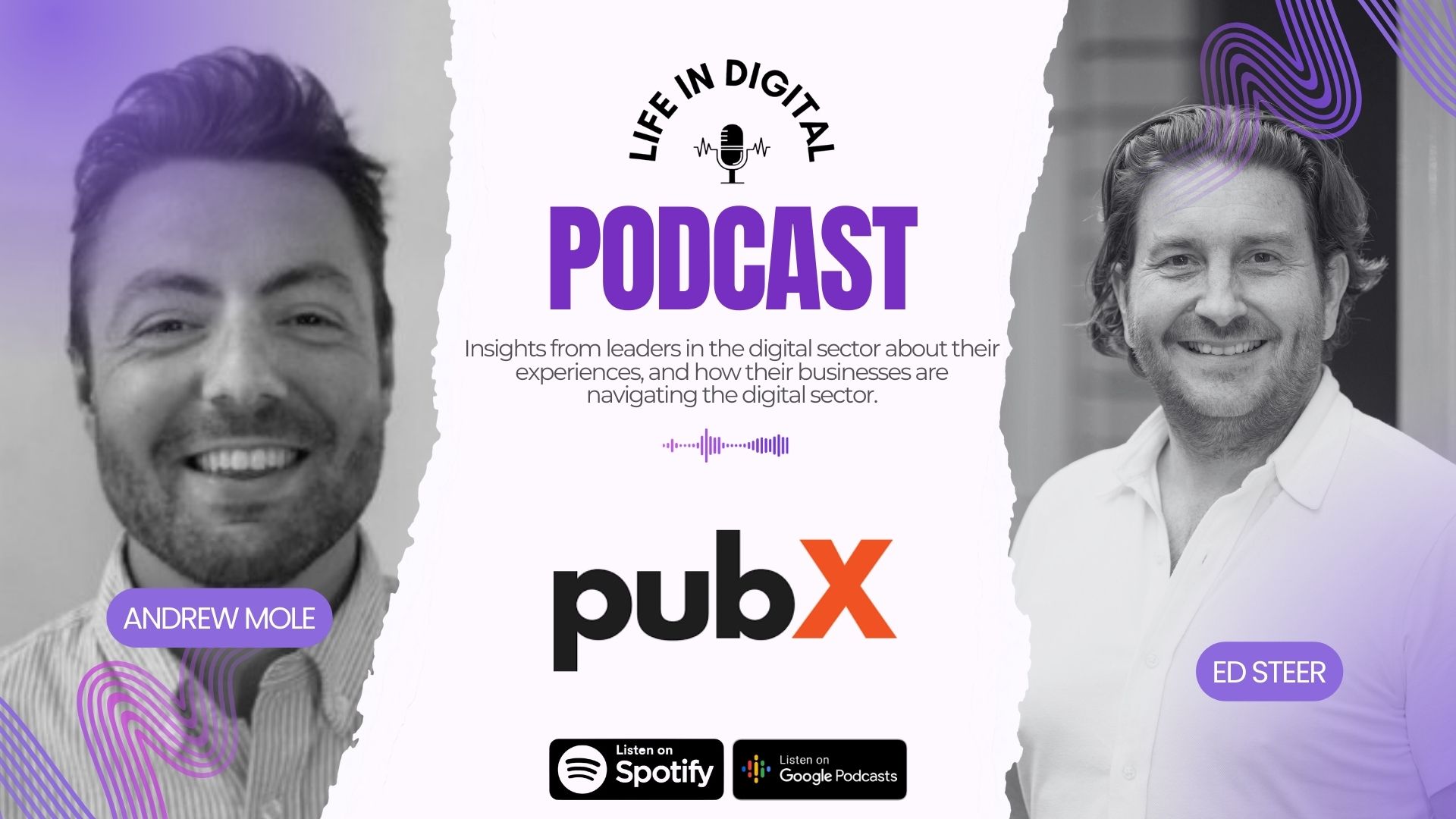The Privacy Paradox: Balancing Data and Trust in Retail Media with InfoSum's Nick Henthorn
06 Feb, 20255 minsInfoSum's Nick Henthorn on being the voice of privacy In our latest episode, we tal...

InfoSum's Nick Henthorn on being the voice of privacy
In our latest episode, we talk to Nick Henthorn, SVP Sales, Europe at InfoSum, a leader in privacy-by-default data collaboration that is helping brands, agencies, and media owners connect the world’s data without ever sharing it.
As the marketing industry moves away from third-party cookies and into the era of first-party data, Nick lifts the curtain on how InfoSum is enabling brands to do more with their own data while protecting their commercial interests and, most importantly, their customers.
How privacy-by-default can enable better advertising performance
Founded in 2016, InfoSum's data cleanroom technology has fast become the de facto data collaboration platform in Europe, while establishing a strong presence in APAC and the US. Nick explains that he first encountered InfoSum as a customer when he was working for O2 and needed to collaborate with a media partner; this exposure to InfoSum's technology put him on a path to joining the company's sales team in 2019.
He outlines how InfoSum has become the voice for privacy, emphasising the importance of a privacy-by-default approach in the advertising ecosystem. "We always have to think about the consumer at the end of this journey and how we as technology organizations are there to protect consumers first and foremost. That can then lead to the value drivers for the brands and media owners and better performance in media full stop."
Moving brands into the first-party data era
With the value of third-party data rapidly diminishing, one of the chief challenges currently faced by brands is the need to find a new method of delivering insights, planning, targeted activation, and measurement.
Nick describes how data collaboration platforms like InfoSum offer the simplicity and usability that both brands and agencies crave. "It's not just a case of having a solution that replaces a third-party cookie if that solution is clunky and difficult. The agencies don't want to hire a load of new heads to be able to operate this technology. These technologies need to be simple to use."
He goes on to explain how agencies have been driving the adoption of cleanroom technology in the past 12 months, and how they are filling the role of trusted guide for brands that are taking their initial steps with first-party data and data collaboration. "It's really encouraging to see, from holding companies right the way through to independents, this adoption and consultative adoption that the agencies are providing to brands.”
Navigating the data cleanroom market
The data collaboration space is becoming increasingly crowded, with many different organizations co-opting the term 'cleanroom', making it difficult for agencies, brands, and media owners to navigate. As Nick points out, InfoSum – like any data cleanroom worthy of the name – is just a technology, not a marketplace. "If a cleanroom is selling data, it is not a cleanroom. Data cleanrooms should be neutral environments."
Nick brings some clarity to the proceedings by outlining the three distinct categories of cleanrooms. "The first category is the decentralized, pure-play cleanrooms. These are the organizations like ourselves that have created the infrastructure with a tech layer as well as a user interface to orchestrate the collaboration between partners.
"Secondly, you have the infrastructure players. These are organizations like Amazon that have come to market with their own propositions. And they are strong propositions but tend to be a bag of tools, not an off-the-shelf cleanroom. The final category is the more traditional solution, the centralized matching solutions that tend to have identity embedded within them."
Financial services as a key opportunity for data collaboration
With data collaboration being a key driving force behind the success of retail media networks (RMNs) in 2024, Nick outlines some of the other industry sectors that can tap into this potential in 2025, such as travel, auto, and financial services.
"Organizations in financial services and other highly regulated industries are in complete control of their data. We're seeing more telcos, high street banks, and insurers come into view and that's coupled with other data partners like credit referencing agencies that can bring better insights into affordability or vulnerability. There's a huge opportunity to deliver highly relevant campaigns to consumers, and to ensure you don't deliver campaigns to people who should be protected."
To find out more about Nick's work at InfoSum, as well as his views on privacy washing, the future of data collaboration, and what he thinks will be top of the agenda at Cannes this year, listen to the full episode here.
You can find the full episode here and more on our Life in Digital podcast. Visit InfoSum to find out more about secure data clean rooms and data collaborations that drive growth.




